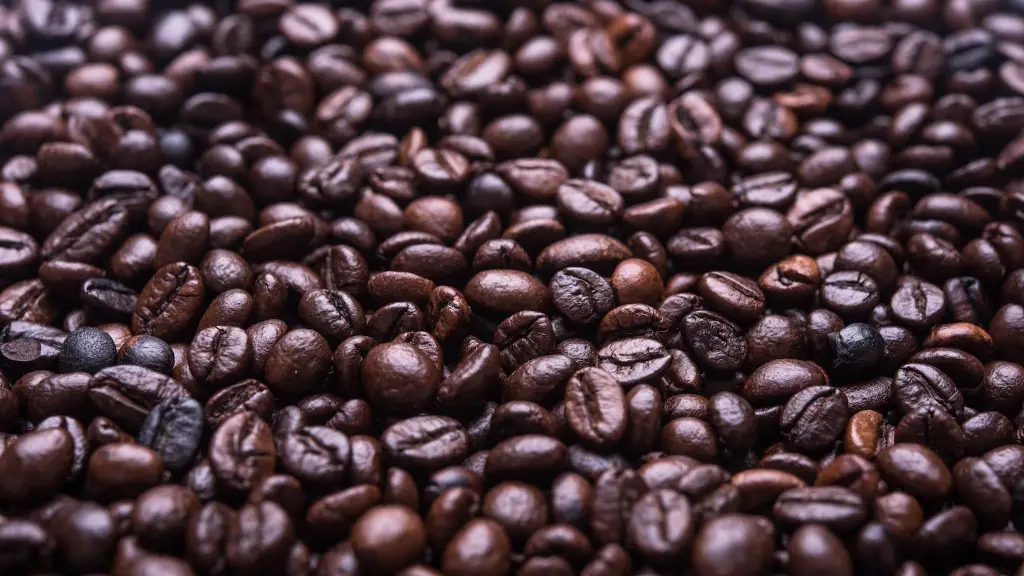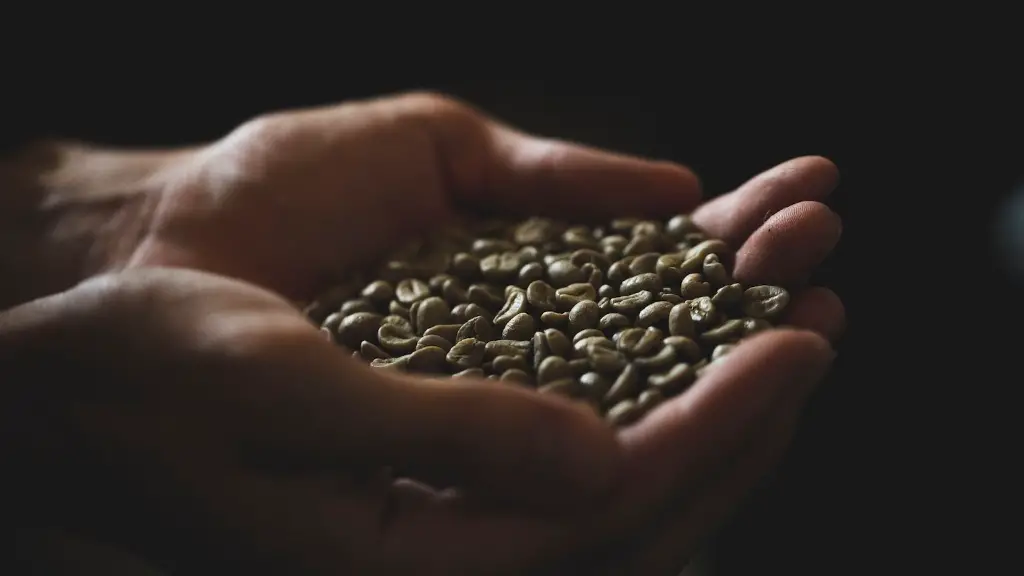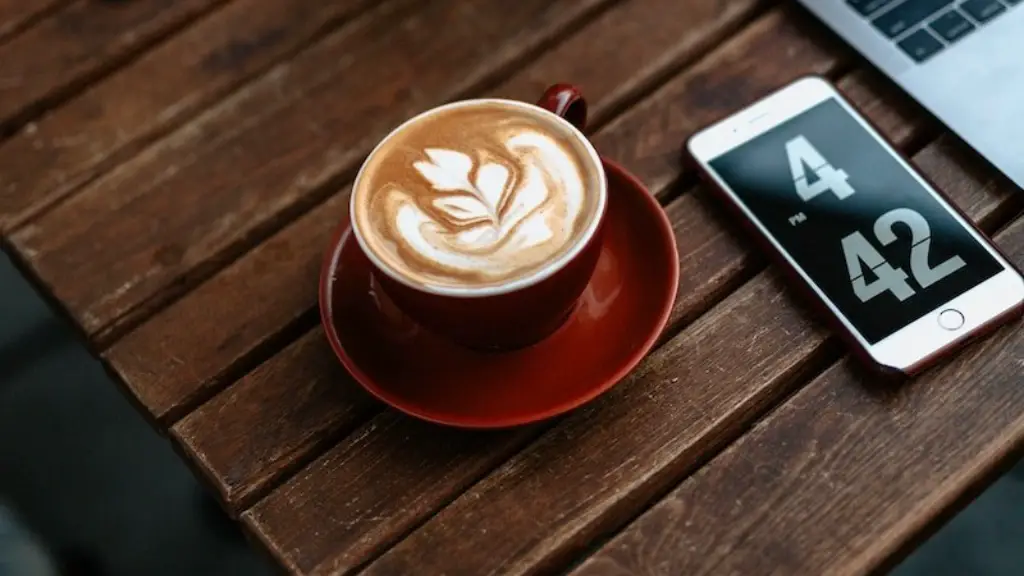Physiological Effects
Coffee is a natural stimulant, having a direct effect on the brain and body. In most cases, coffee is not harmful when consumed in moderation (up to 400 milligrams per day, which equates to about 4 cups of brewed coffee). However, drinking excessive amounts of coffee can lead to a number of side effects.
At first, excessive consumption of coffee can cause jitteriness, restlessness and an increase in heart rate. Over time, excessive consumption can cause more serious health issues, including anxiety, insomnia, digestive problems, increased blood pressure and even increased risk of heart disease and stroke. Scientific studies have indicated that drinking 6 or more cups of coffee a day could be linked to an increased risk of heart attack, stroke and even death.
Psychological Effects
An excessive consumption of caffeine, found in coffee, could also have an adverse effect on your mental wellbeing. Too much caffeine can cause episodes of irritability, restlessness, difficulty concentrating and an inability to focus. In extreme cases, it’s also been known to cause panic attacks, depression, and other forms of mental distress.
Caffeine Tolerance
Your body can also become tolerant to caffeine, which means you need more of it to get the same effects. If you drink too much coffee, eventually you will be drinking it just to stay awake instead of to get a boost. While it is often suggested that taking a few days off from drinking coffee can reset your caffeine tolerance, this isn’t necessarily the case.
Social Effects
Excessive coffee drinking can also have an impact on your relationships. If you’re drinking too much coffee, you may feel the urge to stay up late and talk on the phone with friends or family members. For example, if you are drinking 5 or 6 cups of coffee a day, you may have the urge to stay awake until 2am and then wake up early the next morning. This pattern of behavior can become an issue in relationships, especially if your friends and family are not accustomed to such behavior.
Addiction
Caffeine is actually a type of drug, and as such, it can lead to addiction. If you find yourself drinking large amounts of coffee and unable to stop, even though you know it’s not healthy for you, then you may be addicted. If this is the case, you should consider seeking professional help.
Alternative Solutions
Luckily, there are alternatives to drinking too much coffee. Herbal tea has been proven to be an effective alternative. Chamomile and valerian tea, for example, can help to reduce anxiety and induce relaxation, naturally. Additionally, there are supplements available that are made from natural ingredients and can help to boost your energy without the side effects of coffee.
Dietary Habits
In order to limit your coffee consumption, you may also want to consider your overall dietary habits. Eating healthy foods such as vegetables, fruits, whole grains and lean proteins can help to provide you with the energy you need, without the need for caffeine. Furthermore, drinking plenty of water can help to keep you hydrated and provide you with essential electrolytes.
Caffeine Sensitivity
It is also important to remember that everyone has different levels of sensitivity to caffeine. Some people can handle more than others, while some may need to limit their consumption more severely. It is important to think about how the coffee affects you and act accordingly.
Sleep Patterns
Your sleep patterns are also important to consider. Making sure you get enough sleep and that your sleep patterns are consistent can help reduce the need for excessive amounts of caffeine. Regular physical activity and stress management techniques can also help reduce the need for coffee consumption.
Alcohol Consumption
Alcohol consumption can also contribute to how much coffee you drink. It is well known that caffeine can mask the effects of alcohol, so it is important to consider your overall alcohol consumption when deciding on how much coffee to drink. If you find yourself drinking excessive amounts of alcohol, it might be wise to limit your caffeine consumption accordingly.
Appetite Changes
Drinking too much coffee can also cause changes in appetite. It has been found that drinking too much coffee can increase your appetite and lead to overeating. It is important to be aware of the effects coffee has on your appetite and to adjust accordingly.
Energy Levels
Finally, it is important to think about your overall energy levels when deciding how much coffee to drink. If you find yourself feeling tired and dragging in the afternoons, it might be wiser to limit your coffee consumption or opt for a healthier alternative. In addition, listening to your body and getting enough rest is an important step in preventing the need for excess caffeine.



